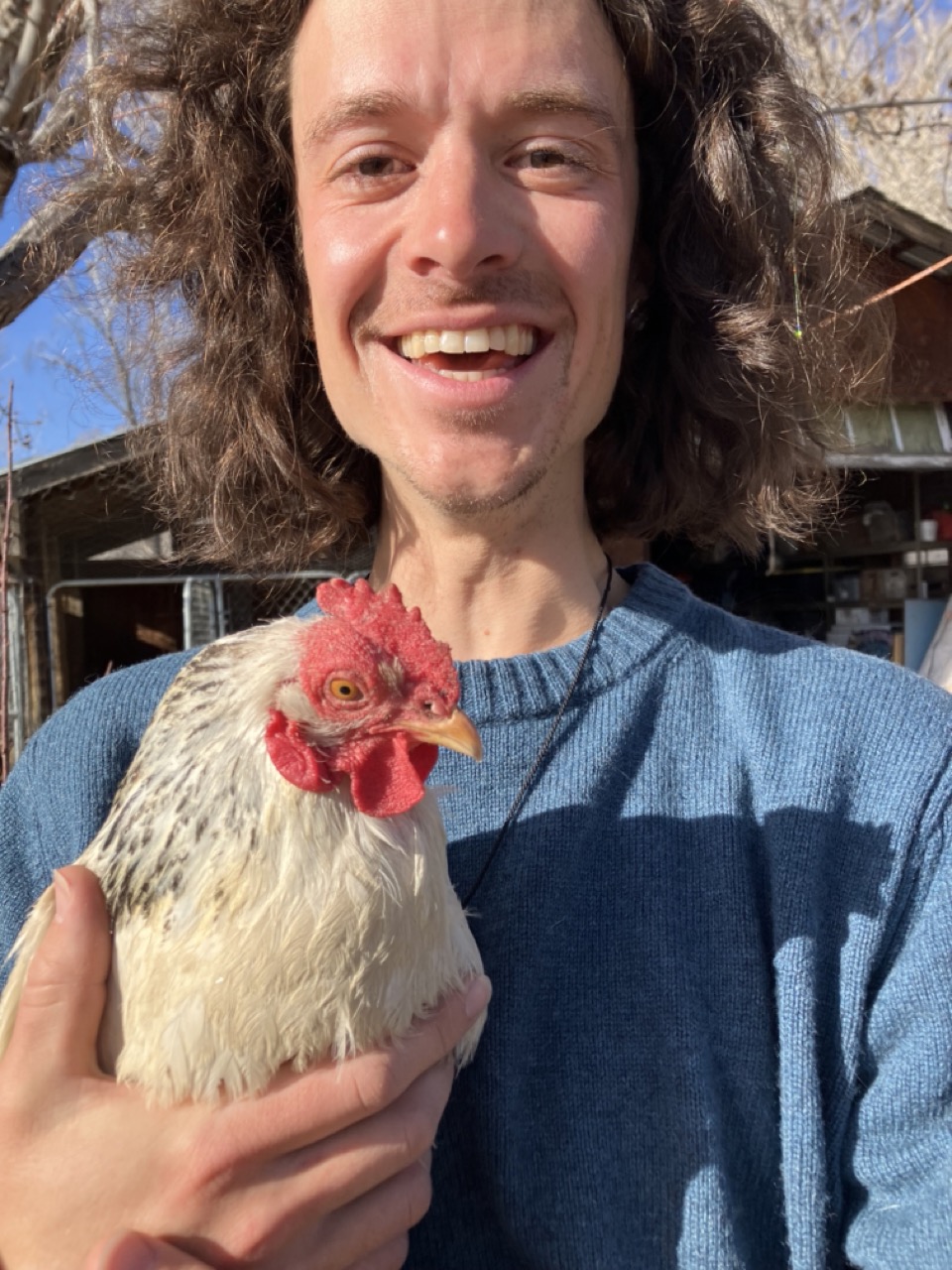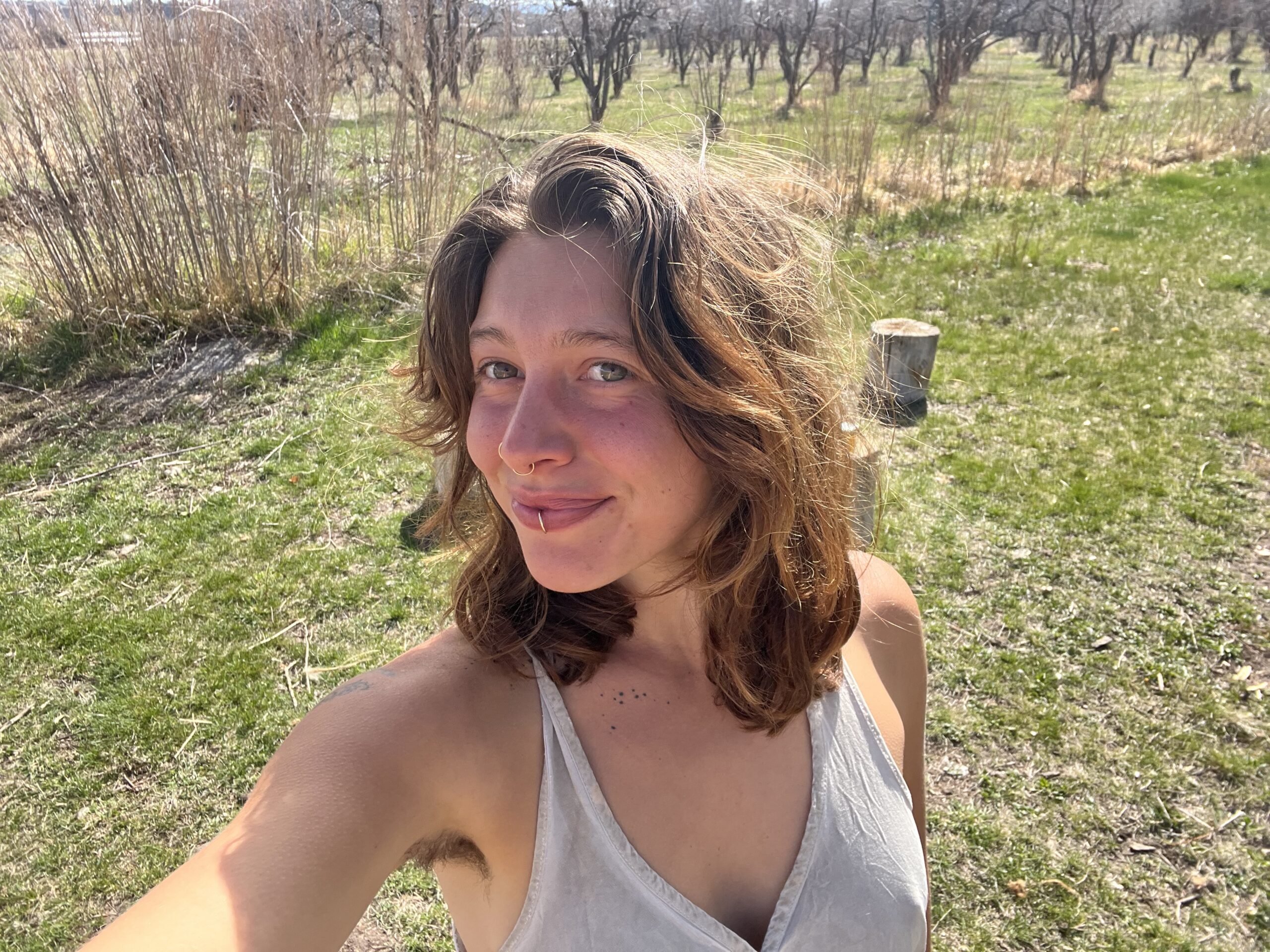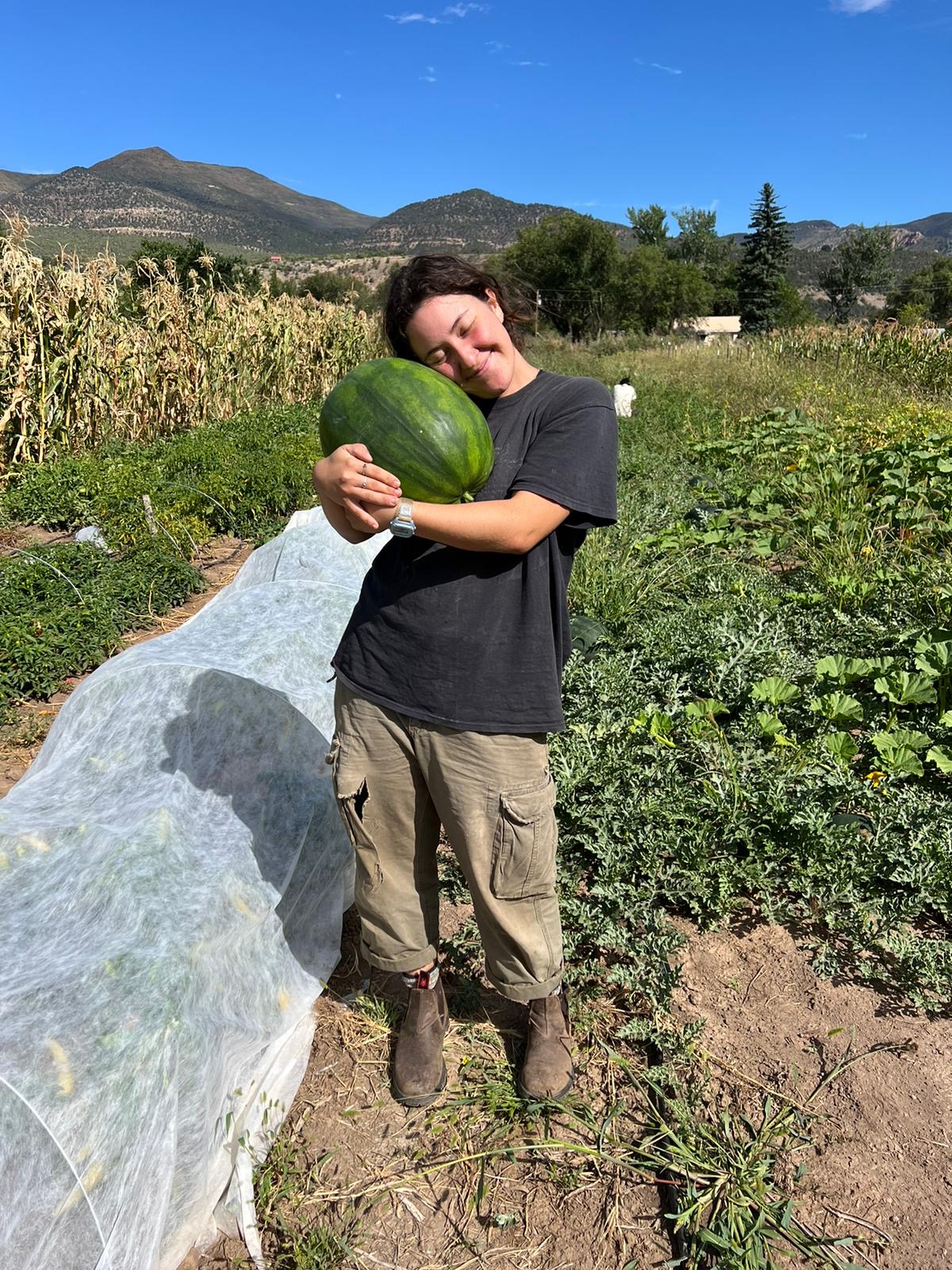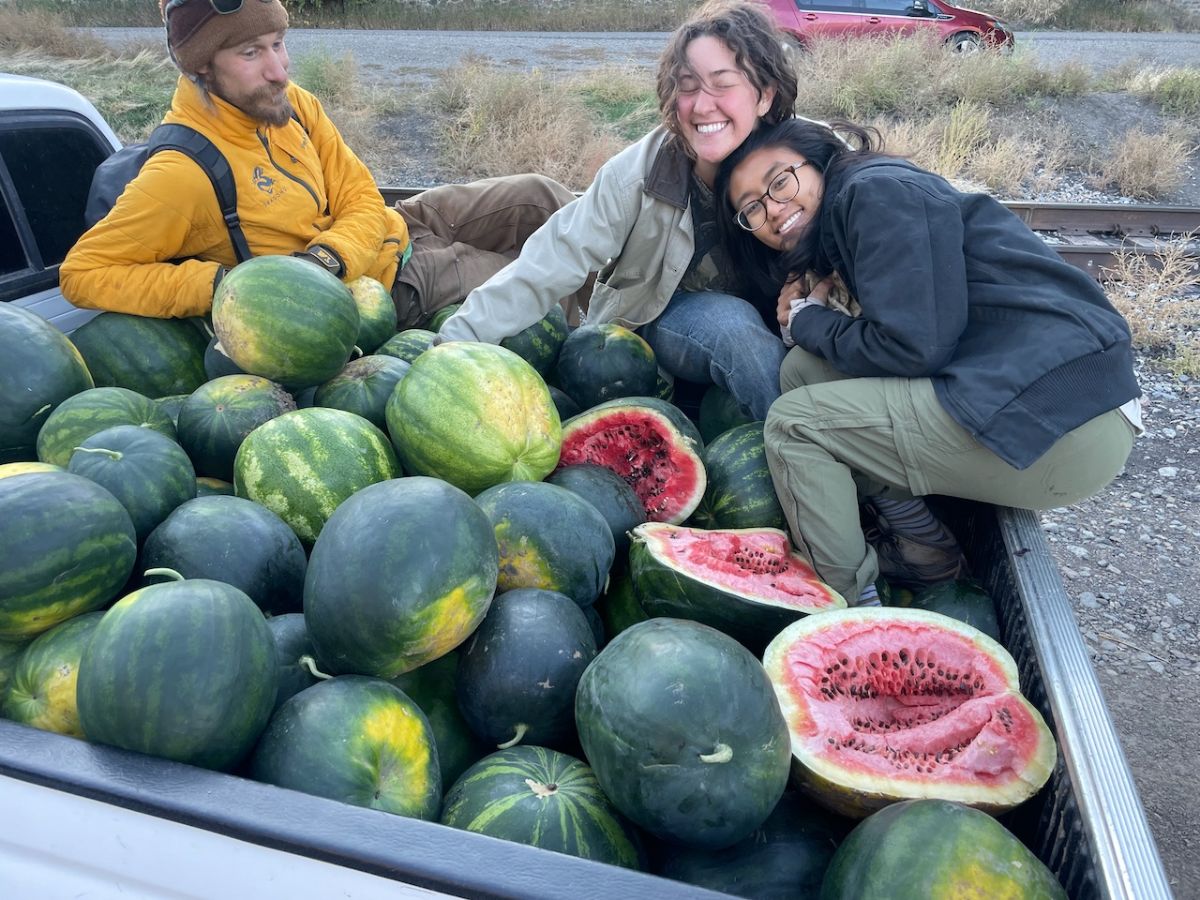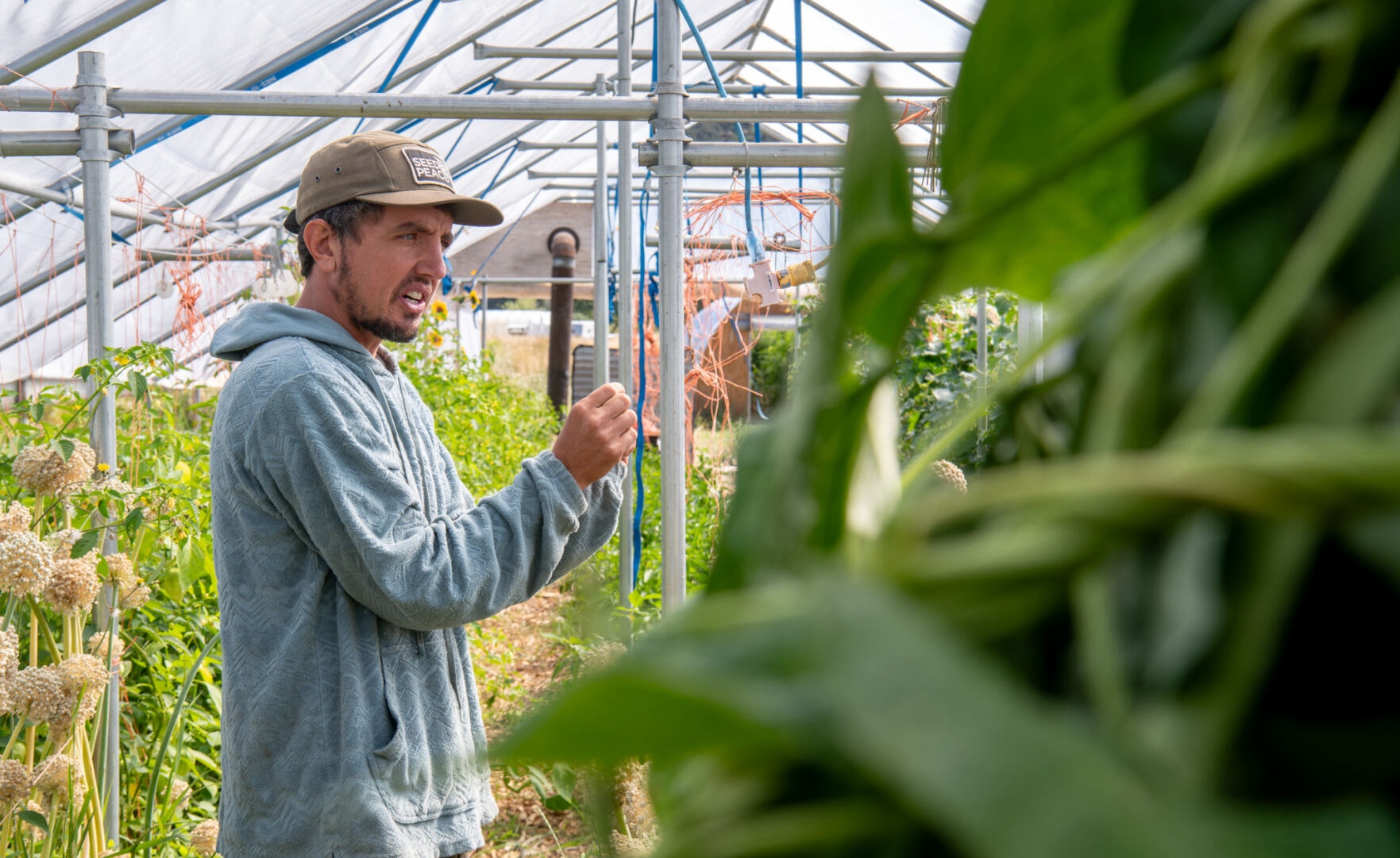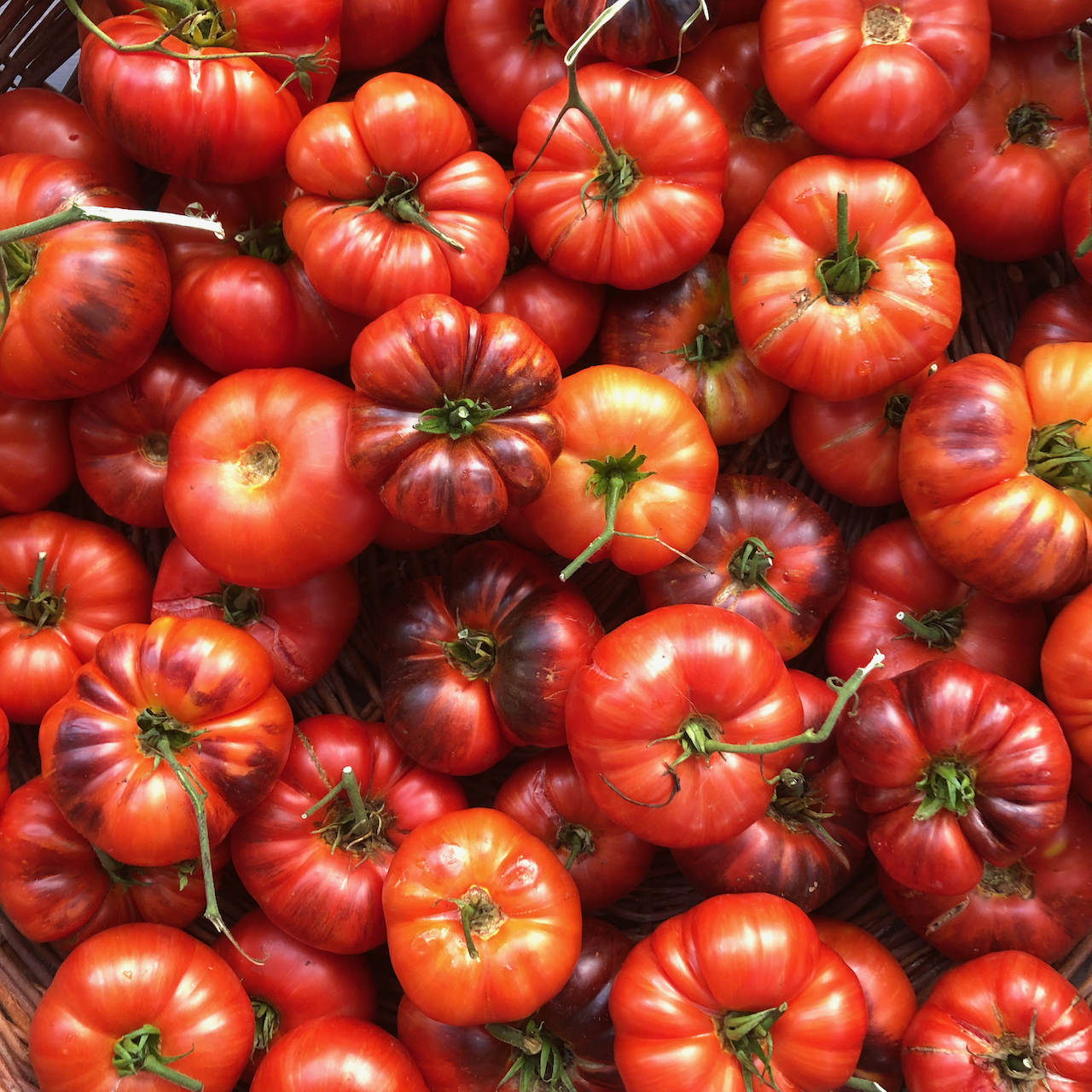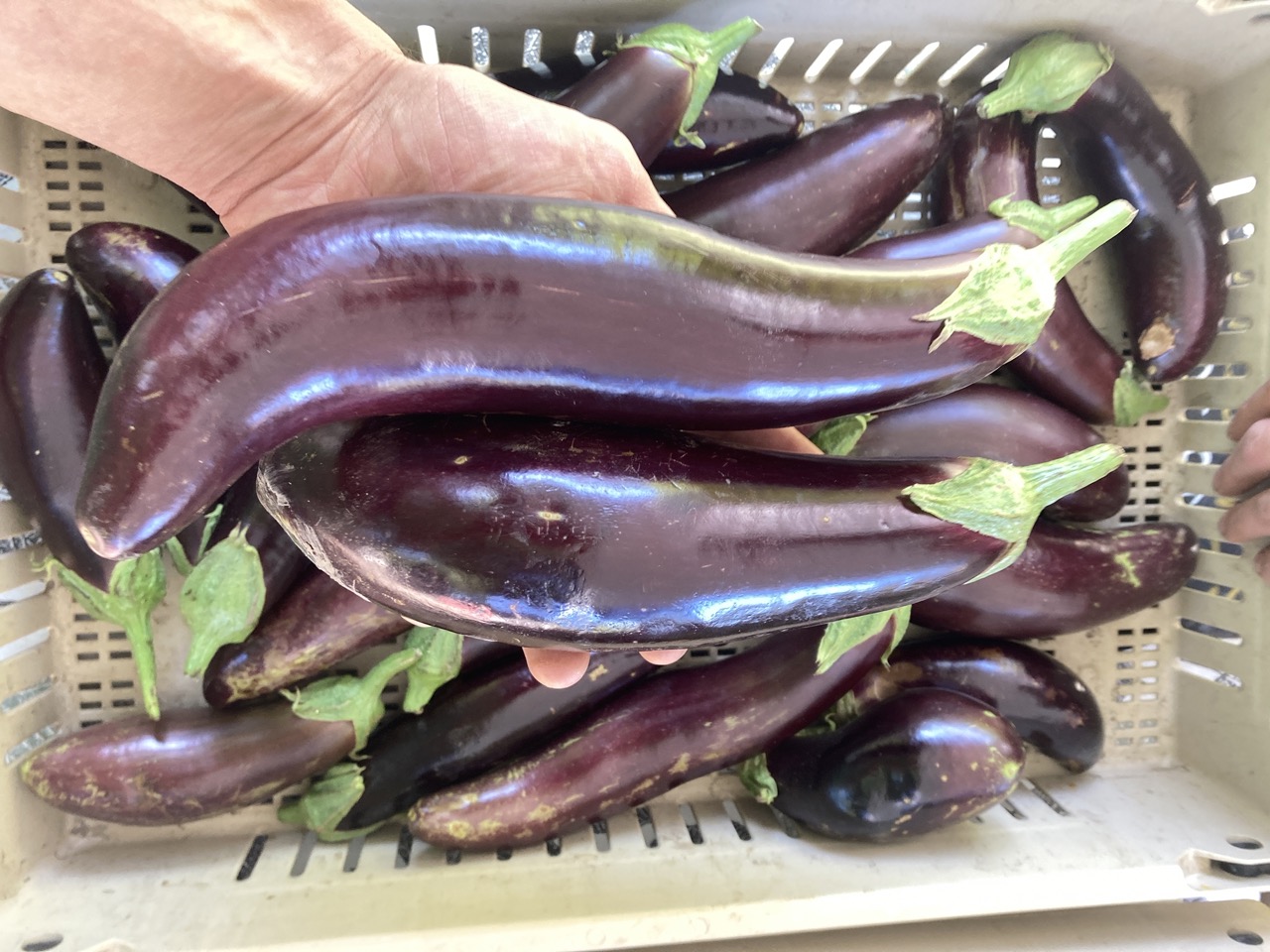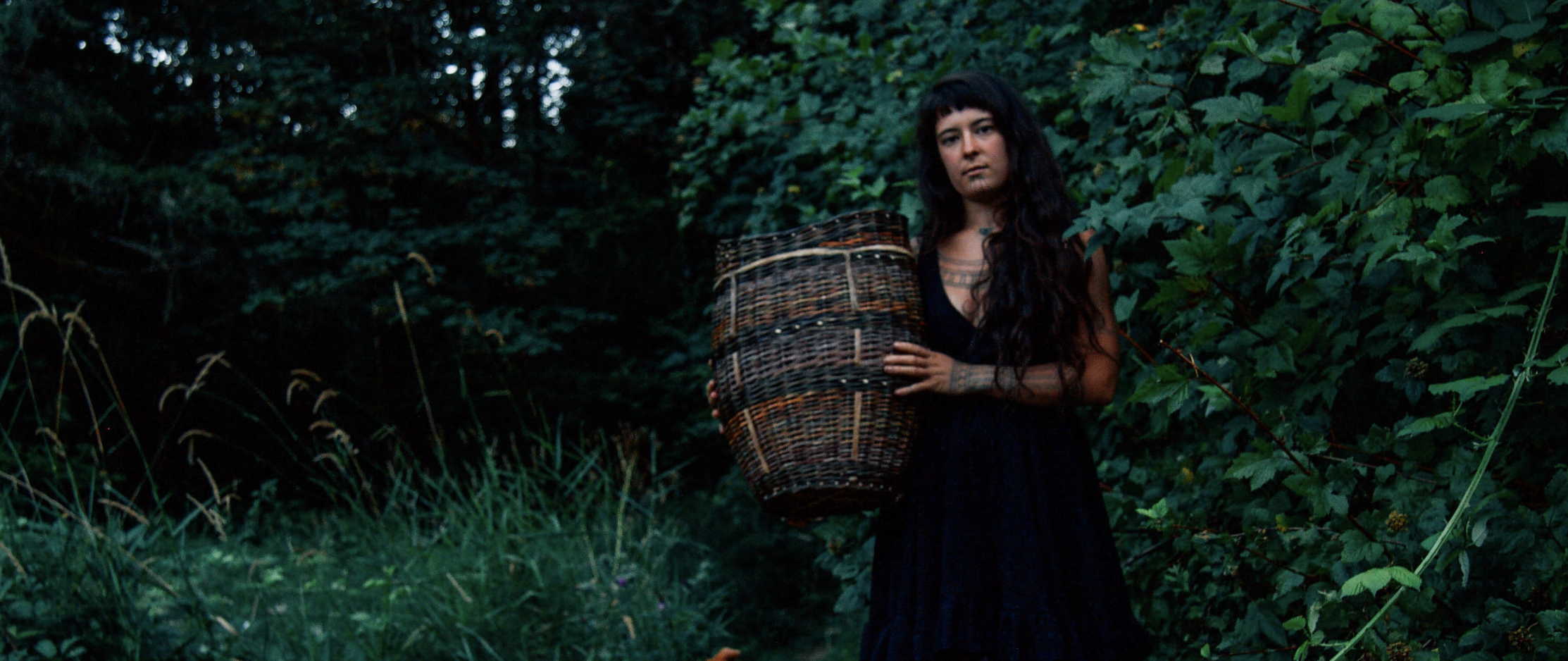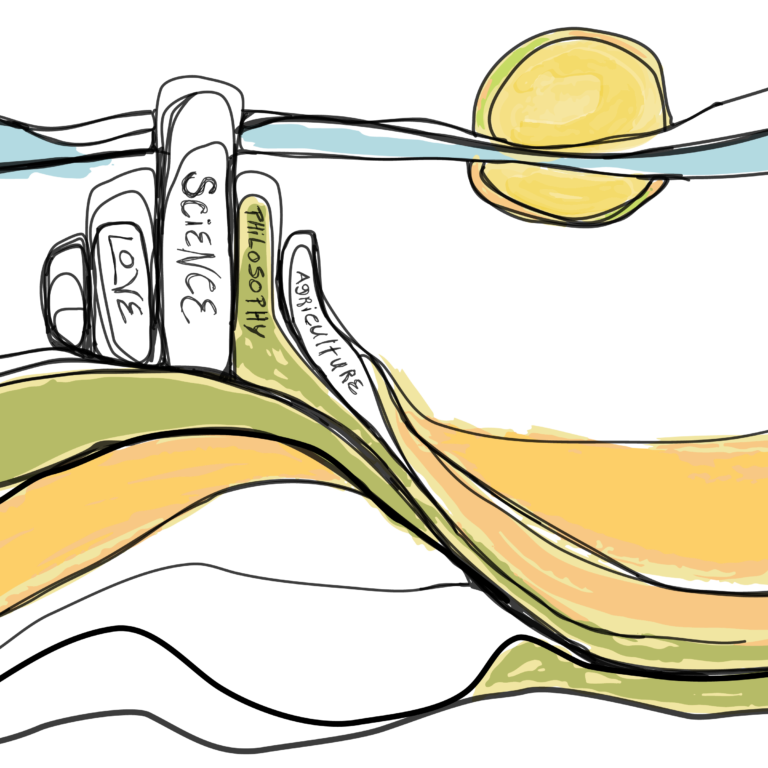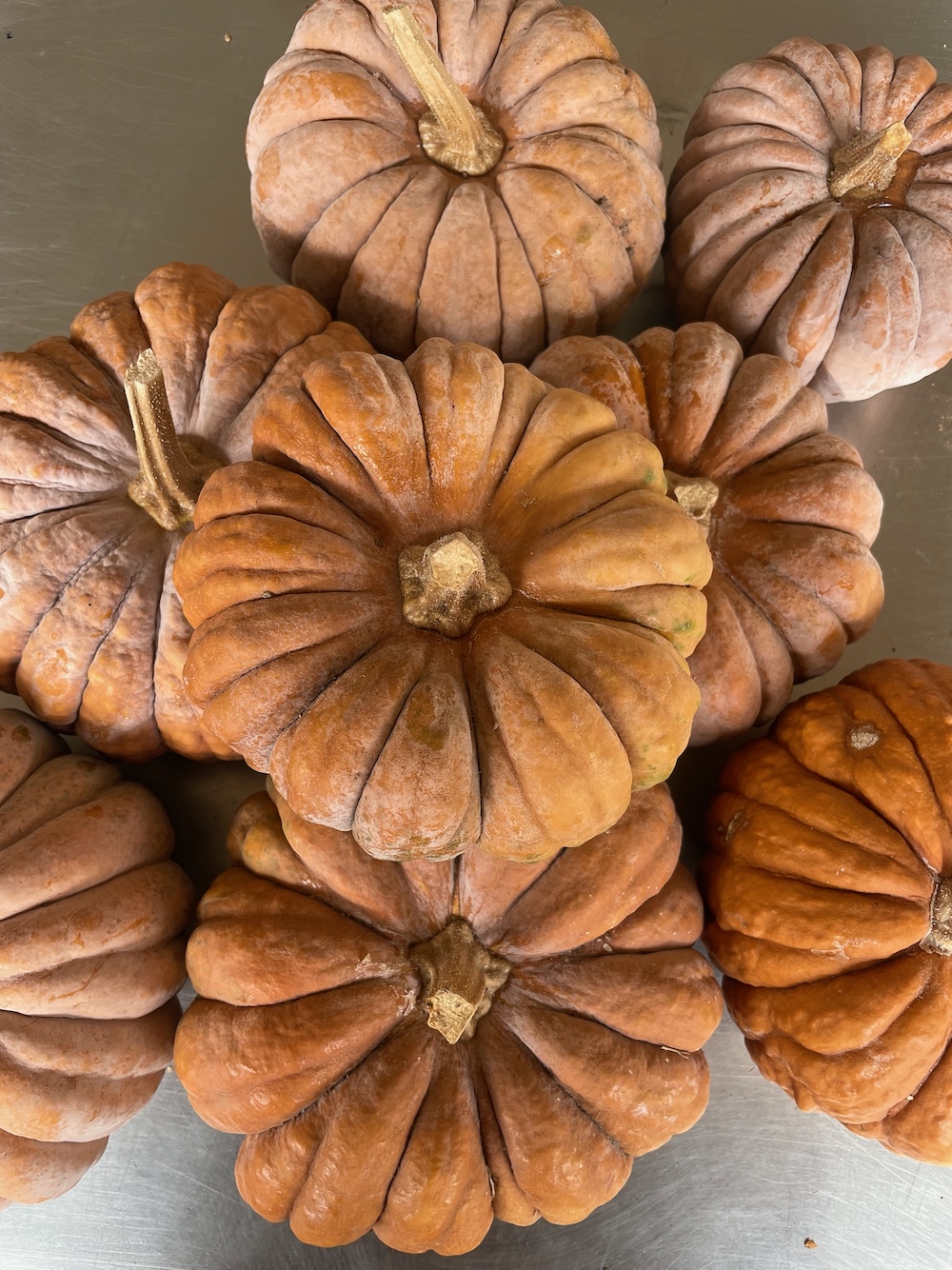Introduction: Robin VanHouten
Robin (he/they) loves three things most in this world. Play, delicious healthy food, and chicken cuddles. It’s no surprise that Robin’s parents, Pete and Kristin, taught him that play and connection are the most important things in this world. Robin grew up in the Patapsco river valley of central Maryland where his favorite games were “where does this trail go?”, “how much cuddling can one human do?” and “when is dinner?” Play has always been a throughline in Robin’s life, but of course he had […]
